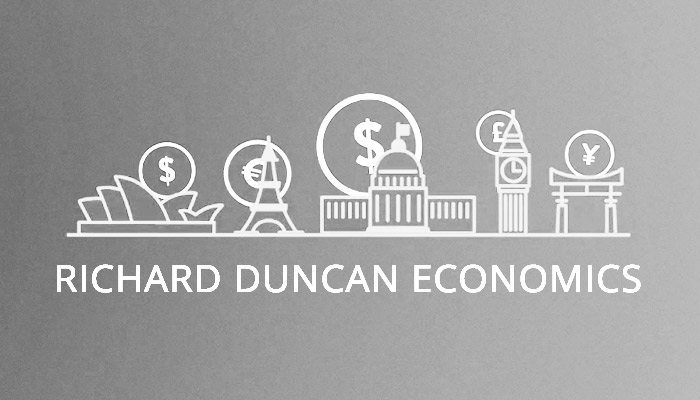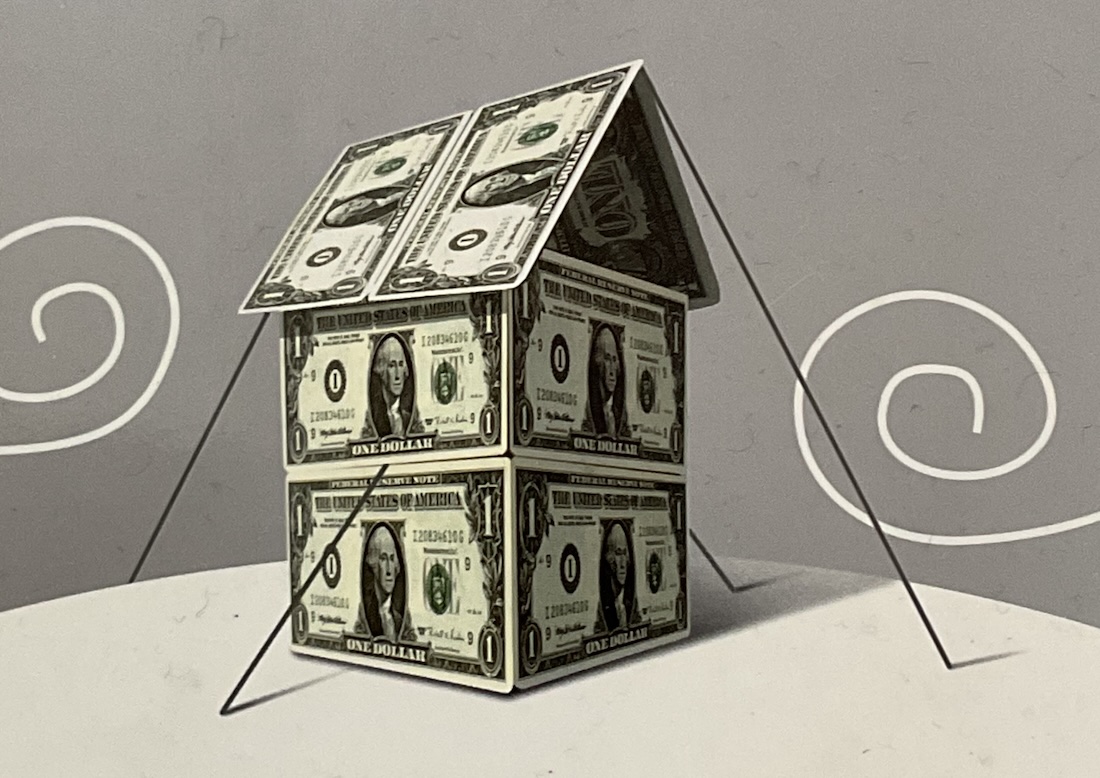New Radio Interview: Why No Taper?

Posted September 26, 2013
Last week I was in Kuala Lumpur. There I had an interesting conversation with Julian Ng of BFM radio. We discussed:
- Why the Fed decided not to taper QE
- How the economy really works now
- The purpose and goal of Capitalism, and
- Why it is impossible to return to a Gold Standard.
To listen to this interview, please click on the link below:
https://media.bfm.my/assets/files/Breakfast%20Grill/2013-09-23-Podcast-BG-Richard-Duncan.mp3


Dear Mr. Duncan,
emerging countries manipulate their exchange rates, artificially devalueing their currencies and accumulating dollars reserves.
But in the last 12 years in Brazil, in spite of strong reserve building ( ~378 billion USD) , local currency became stronger.
In terms of purchase power parity, Brazil has certainly become one of the most expensive places in the world.
Do you think Brazilian government did the right thing or they had other alternatives ?
As the country is very expensive, is it reasonable to assume that the exchange manipulation should have been more agressive ?
Thanks for your classes and commentary.
MK
Hello Richard,
Thank you for how you continually educate the public about the global economy.
My question relates to the foreign reserves of USD (the 11 trillion worldwide). I wondered what is stopping these countries from ‘redeeming’ these reserves buying up real estate or other assets within the US in a similar way to what was happening at the end of Bretton Woods where countries began to ‘redeem’ the fiat currency for gold? In other words, if gold is no longer offered for redemption, then I’m thinking they might naturally move to real estate or publicly traded companies instead.
Thank you for your comments.
JM
John,
Thanks for the question.
Actually, the foreign exchange reserves are not held in cash. They have already been invested into US dollar denominated assets, mostly US government bonds. So, it would be possible for the foreign central banks (who own the reserves) to sell the US Treasury bonds they own now and use the cash they receive from the sale to buy other assets in the US, like real estate. But, in general, foreign central banks prefer to invest in government bonds. That said, they have begun to diversify into other assets much more than they did 10 years ago.
Richard